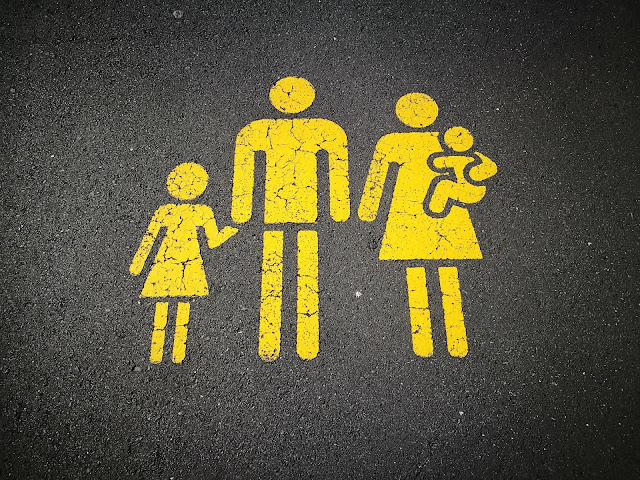The Mutilation of Mental Health due to Caste Based Discrimination
Despite moving years ahead and progressing in various spheres, India as a country hasn’t left many of its scars behind. Getting freedom from the Britishers is the most proud thing that allows us to hold our heads high but there are many enemies that we need to defeat to truly progress one of which is the caste, a structural system that socially defers people to gain access to the same opportunities due to lottery of birth.
Caste is entrenched in our social fabric so much so that when someone calls it out, it feels like an “attack”. However, instead of an attack, it is simply an opportunity to truly practice the principles of equity and equality and be better humans. Moreover, the denial of casteist practices is similar to gaslighting and speaking over someone else’s lived experiences. Denial of caste based discrimination can make people question their lived realities or believe if they’re “faking it”, none of which is true. A lived experience definitely holds more value than a random “chai par charcha”.
To reflect on the pervasive nature of caste, one need not look too far. Caste based practices are everywhere in educational institutions, workplaces, places of worship, social settings and healthcare facilities. The discrimination is sometimes easily observed however, in the 21st century, the nature of caste based discrimination has become more implicit. These implicit behaviours range from excluding people from social circles, handing lesser incentives for the same job, reprimanding or punishing a community for following certain social norms. Choosing the “right” caste for marriage is one of the implicit practices of caste based discrimination.
These practices have crept in our homes and our daily interactions with people. Evaluating your language would make you take note of the caste based slurs that have creeped in our language to “make fun” of our friends and you might think, “how is me using caste based slurs in my social circle affecting anybody?” It is doing so in multiple ways:
• You are further contributing to the stigma that already exists by normalising a language that degrades someone
• You are not giving yourself a chance to grow and learn
• You are giving a platform to people to exercise their views that might be against equality.
• You are at the risk of isolating someone who is from a different caste because of your “normal” language.
The stigma of discrimination can contribute to trauma resulting from isolation, inadequate social support and shame. The structural and rampant social inequalities lead to a fear of persecution which often refrains people from raising their voice against any kind of injustice. Caste based discrimination does not only reduce social opportunities but can also have long term impacts on mental health well being.
In the light of educating ourselves more about caste based discrimination and its impact on mental health, the advocacy program at I Am Well being hosted Divya Kandukuri, founder of Blue Dawn and Bahujan activist. Throughout the session, Ms. Divya took the attendees through the intersection of caste discrimination and mental health. Letter to Caste System provided the attendees an opportunity to pour out their thoughts towards this entrenched system with their newfound understanding.



Comments
Post a Comment